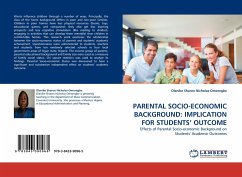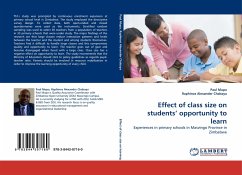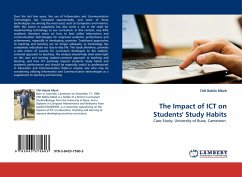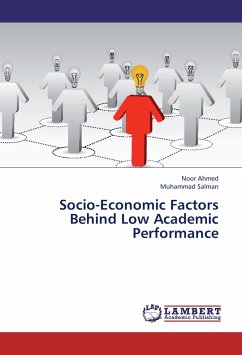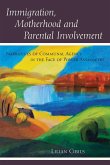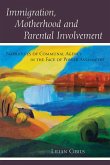Wants influence children through a number of ways. Principally, the class of the home background differs in poor and non-poor families. Children in poor homes have less physical resources (books, toys, educational games, and computers); they also get less learning prospects and less cognitive stimulation (like reading to children, engaging in activities that can develop them mentally) than children in comfortable homes. This research work examines the relationship between the socio-economic status of parents and students' academic achievement. Questionnaires were administered to students, teachers and students from ten randomly selected schools in four local government areas of Ogun state, Nigeria. The income group of parents, parental educational background and family size were used as a measure of family social status. Chi square statistics was used to analyse its findings. Parental Socio-economic Status was discovered to have a significant and substantive independent effect onstudents' academic outcome.
Bitte wählen Sie Ihr Anliegen aus.
Rechnungen
Retourenschein anfordern
Bestellstatus
Storno

